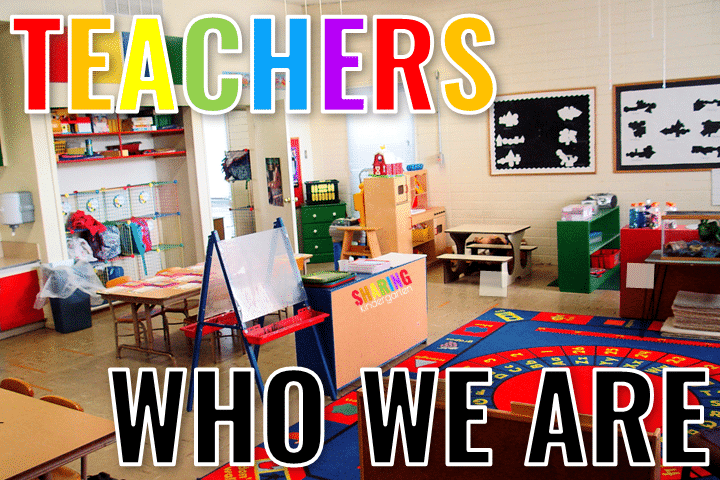
Let’s Normalize Lifting Up Teachers
It doesn’t make you any less to lift someone up. It cost you almost nothing but effort. And it is so needed and so important. Because at some point in your teaching journey, you may need someone to help lift you up as well.
Lifting Up Teachers as Professionals
First, we are professionals. That means we are more than educators. We are masters of our craft and experts in our fields. Next, we should be supported by parents, administrators, and even lawmakers. Also, we should be uplifted by each other. Even when we are not supported by others, we should always be encouraging each other.
Lifting Up Teachers as Educators
It is easy to say we teach. But we do so much more than that. We prep, copy, laminate, cut, glue, paint, assemble, tie, and every other verb allotted in the dictionary of multitasking skills.
The reality is that is what the job description is. But we do so much more than these tasks. We love, inspire, listen, model, wait, train, laugh, cry, and laugh until we cry. But mostly we hope and pray. Lastly, we do the impossible every single day. We love. Oh, how we love.
Lifting Up Teachers as Difference Makers
Our dream in college isn’t to make good test takers or to help produce students higher on standardized tests. It might have been to make a difference in the lives of students. It may have been to teach little ones to read or big ones to find joy in math. We became teachers because we believe in the wonderful goodness of children. They strive to help the child meet their potential.
Lifting Up Teachers: How We Can Help Each Other
One of our many roles is to support and uplift other teachers. Collaboration is vital to keep the education momentum of doing what is best for students going! We are our greatest strengths. There are several simple yet effective ways teachers can uplift and support their fellow educators. Here are a few ideas:
- Share resources and ideas and inspiration: Teachers can create and share a repository of lesson plans, worksheets, and teaching materials. By collaborating and pooling resources, teachers can save time and effort, while also benefiting from each other’s expertise.
- Collaborative planning: Encourage collaborative planning sessions where teachers can discuss ideas, brainstorm solutions, and share best practices. This can be done during formal meetings or informal gatherings, fostering a sense of camaraderie and professional growth.
- Mentoring programs: Implement mentoring programs where experienced teachers can mentor newer or less experienced colleagues. This mentorship can involve offering guidance, sharing teaching strategies, and providing emotional support.
- Professional development opportunities: Share information about relevant professional development workshops, conferences, or webinars. Teachers can support each other’s growth by attending sessions together, discussing key takeaways, and implementing new strategies in their classrooms. You can check out Kindergarten Boot Camp if you are in need of Kindergarten-specific PD.
- Create a positive work environment: Foster a positive and inclusive work environment where teachers feel valued, respected, and supported. Encourage collaboration, open communication, and a culture of sharing ideas and resources.
- Offer assistance and share workload: If a colleague is overwhelmed or facing a challenging time, offer a helping hand. Teachers can assist with lesson planning, grading, or classroom management, easing the burden and demonstrating solidarity.
- Express appreciation: Take the time to personally express appreciation for the hard work and dedication of fellow teachers. A simple thank-you note, a kind word, or a small token of gratitude can go a long way in boosting morale and fostering a positive atmosphere.
Remember, even small acts of support and encouragement can have a significant impact on the well-being and professional growth of teachers.





Leave a Reply